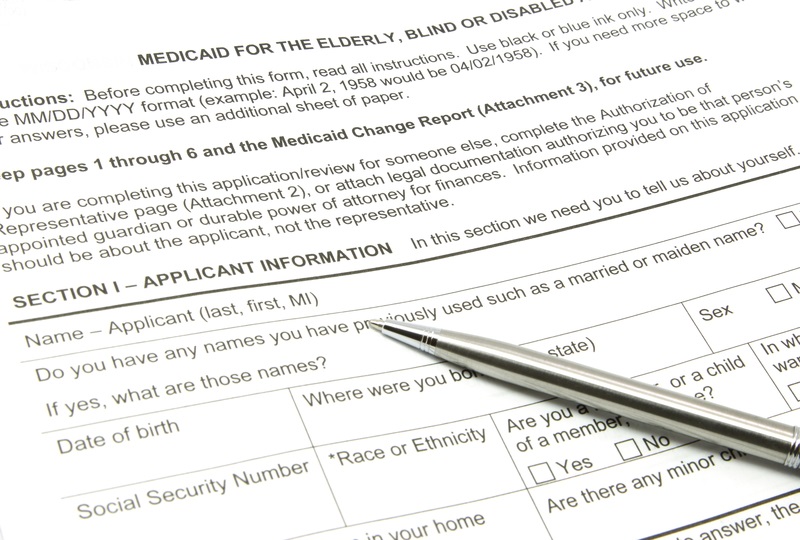New Bill Promises to Streamline New Jersey Medicaid Application Process

The New Jersey legislature has unanimously passed a bill that promises to dramatically improve the implementation of Medicaid throughout the state. The bill has strong support by all stakeholders. Although it is expected that Gov. Murphy will sign the bill, advocates are urging the public to call and encourage him to do so.
Based on the Health Care Quality Institute’s Blueprint for the Future, the bill was amended with input from the New Jersey National Academy of Elder Law Attorneys. The legislation directs the Commissioner of Human Services to develop an information technology platform to process and track Medicaid applications statewide. This will allow for standardization of policies throughout the state. Currently, each county, and sometimes each caseworker, interprets and applies the Medicaid rules differently. This is a major source of confusion and unfairness in the program.
The platform will also streamline and simplify the application process for staff and applicants. The current process of applying for Medicaid is extremely time-consuming and involved requiring the applicant to gather and submit five years of financial statements along with other documentation. Much of this information could be more efficiently collected by the state. The proposed IT platform would allow for rapid exchange of information between state agencies, and presumably eventually federal agencies and financial institutions. An electronic system should also reduce the endemic problem of lost documentation and applications.
One key provision under the new bill is the requirement for real-time tracking of applications. Applicants and attorneys currently have no means to monitor the status of an application other than to call the caseworker. It is not unusual for caseworkers to fail to respond to repeated inquiries, leaving consumers exasperated. Elder law attorneys fare only slightly better, as we often have access to supervisors and contact information not easily accessible to consumers.
The bill goes further to require data collection regarding the processing of applications including the number and type of applications received, the time between receipt and requests for documentation, and the accuracy of eligibility determinations. The legislation provides for performance evaluation and incentives. However, an important addition to the bill was to ensure that agencies are not incentivized to deny applications in order to meet processing deadlines. The bill specifically provides that county welfare agencies must provide extensions to applicants to provide sufficient time to secure supporting documentation. It is an all-too-common occurrence that applicants are denied Medicaid because they could not provide requested documents within the short time allowed.
The bill also requires the commissioner to establish a customer service liaison team to review and investigate complaints from consumers and advocates, and gives the team authority to conduct interviews with relevant parties and recommend corrective action to address complaints. This, along with the data collected, will hopefully pave the way for continued improvements in the application process.
This bill enjoys wide support, perhaps in large part because the federal government will pay 90% of the cost of the IT development and 75% of the operation costs. This is part of a larger initiative by the federal agency, Centers for Medicare & Medicaid Services, to ease financial and administrative burdens on states while ensuring program accountability.




